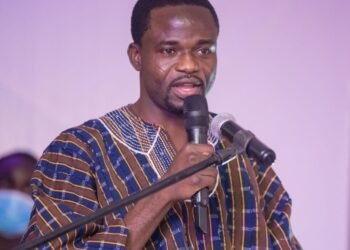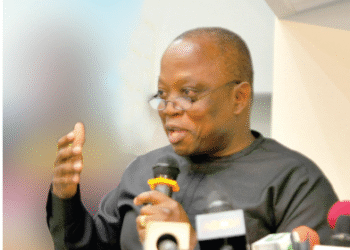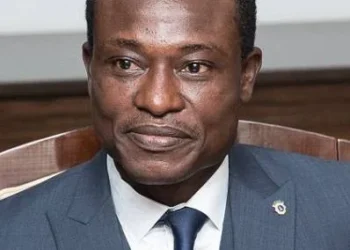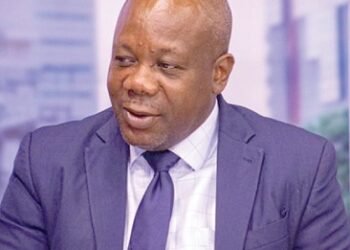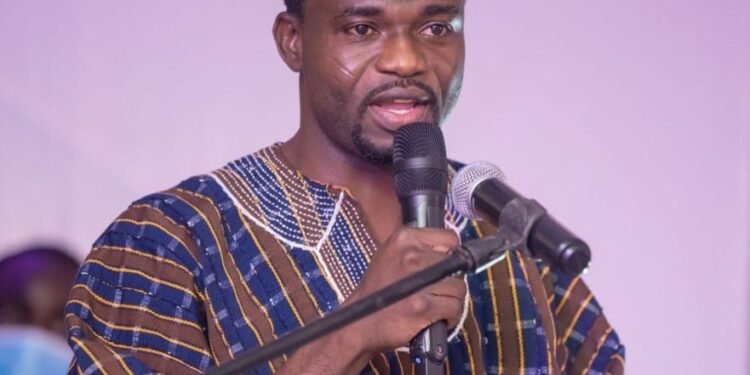The Vice President of the Republic of Ghana, Her Excellency Professor Naana Jane Opoku-Agyemang, has called for stronger action in the national fight against drug abuse and illicit trafficking.
She urged the country to adopt evidence-based prevention and compassionate rehabilitation as key strategies to overcome what she described as one of the most significant threats to public health, safety, and national development.
Speaking as the Special Guest of Honour at the 2025 commemoration of the International Day Against Drug Abuse and Illicit Trafficking, Professor Opoku-Agyemang emphasised the urgency of tackling the drug menace from both preventative and curative angles.
“This year’s global theme, ‘The Evidence is Clear: Invest in Prevention,’ underscores the importance of tackling drug abuse at its roots. In my address, I reaffirmed Ghana’s commitment to a comprehensive approach to drug control. Our approach must combine enforcement with compassion and community action”.
Vice President of the Republic of Ghana, HE Professor Naana Jane Opoku Agyemang
The Vice President, who doubles as chair of both the Ghana Armed Forces and the Police Council, urged the public and institutions alike to shift the national discourse from one of blame and punishment to one of empathy, resilience, and proactive engagement.

Threat of Synthetic Opioids
Professor Opoku-Agyemang raised alarm over the rising threat of synthetic opioids, noting that the landscape of organised crime is shifting rapidly, with more dangerous and accessible substances circulating through informal networks and across borders.
She applauded the work of the Narcotics Control Commission, whose operations have recently resulted in the destruction of over 16 metric tons of seized narcotic substances.
“Each gram destroyed is potentially a life saved,” she said, underlining the life-or-death stakes in Ghana’s war on drugs. But the Vice President also cautioned that enforcement efforts, while critical, must be accompanied by robust support systems for people living with substance use disorders.
In that regard, she welcomed the recent directive from the Minister for the Interior to operationalise the long-anticipated Substance Use Disorder Rehabilitation Fund.
She described the fund as a significant step toward ensuring that individuals struggling with addiction can access the care and recovery services they need to reintegrate into society.
Overlooked Consequences
Beyond the health implications, Professor Opoku-Agyemang warned of the broader and often overlooked consequences of drug trafficking.
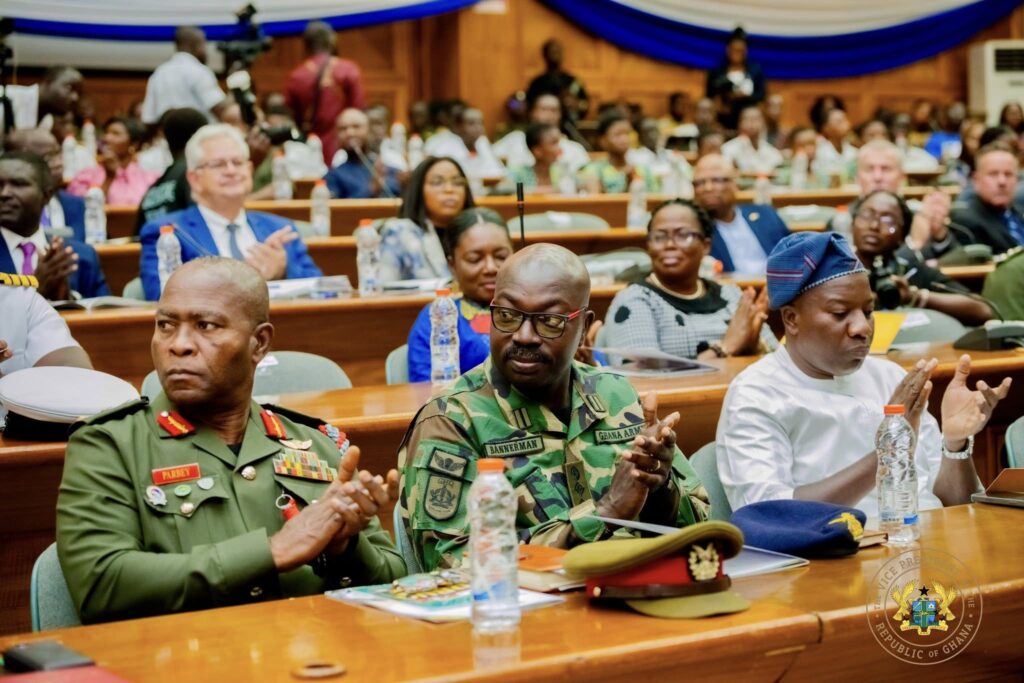
She pointed to its connections with other forms of organised crime, including wildlife trafficking, environmental degradation, and the exploitation of vulnerable communities, especially the youth and those in economically marginalised regions.
“If we are to build a resilient and prosperous Ghana, we must treat this fight not just as a law enforcement matter but as a shared national priority.”
Vice President of the Republic of Ghana, HE Professor Naana Jane Opoku Agyemang
The International Day Against Drug Abuse and Illicit Trafficking is marked annually on June 26 to raise awareness of the major problem that illicit drugs represent to society.
Substance use among adolescents is a major issue of public health concern in both developed and developing countries worldwide.
It is without doubt, becoming an increasingly concerning issue among Ghanaian youth in recent years. This trend is evident across various age groups and regions, with significant implications for public health and socio-economic development.
While in Ghana, substance use among adolescents remains underreported, the Narcotic Control Board (NACOB) projects that about fifty thousand (50,000) people in Ghana, particularly the youth, abuse drugs, out of which 35,000 are students from junior/senior high schools and tertiary institutions.
Health professionals working at state-funded psychiatric hospitals estimate that about 10% of inpatients and between 20% to 30% of outpatient cases are linked to substance use and abuse in Ghana.
A 2024 national study reported that 6.5% of adolescents aged 10–17 had used tramadol, with usage notably higher among males (86.8%) and older adolescents aged 14–17 (89.5%).
Calling for increased global and regional cooperation, the Vice President reiterated that drug abuse knows no borders and that the challenge can quickly overwhelm any society that fails to act boldly.

She stressed that communities, schools, religious bodies, civil society organizations, and government agencies must all see themselves as stakeholders in the national response.
Local action, she noted, must be met with strong political will and sustained investment in prevention and treatment infrastructure.
Professor Opoku-Agyemang ended her remarks with a passionate appeal to the conscience of the nation: “May we remain committed in our pursuit of a Ghana that is healthier, safer, and free from the scourge of drug abuse and trafficking.”
READ ALSO: World Bank, IAEA Partner to Expand Nuclear Energy Access in Developing Nations




